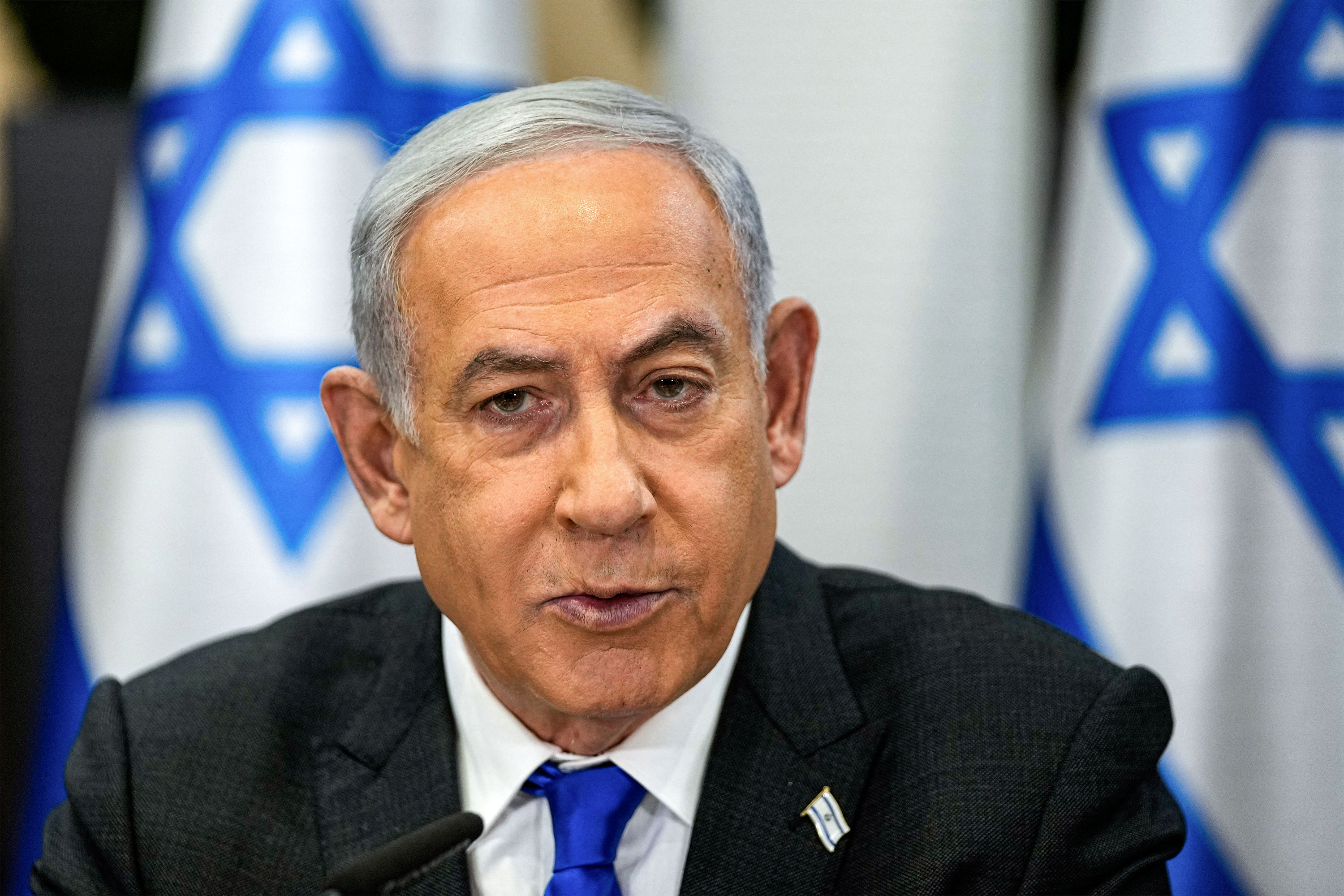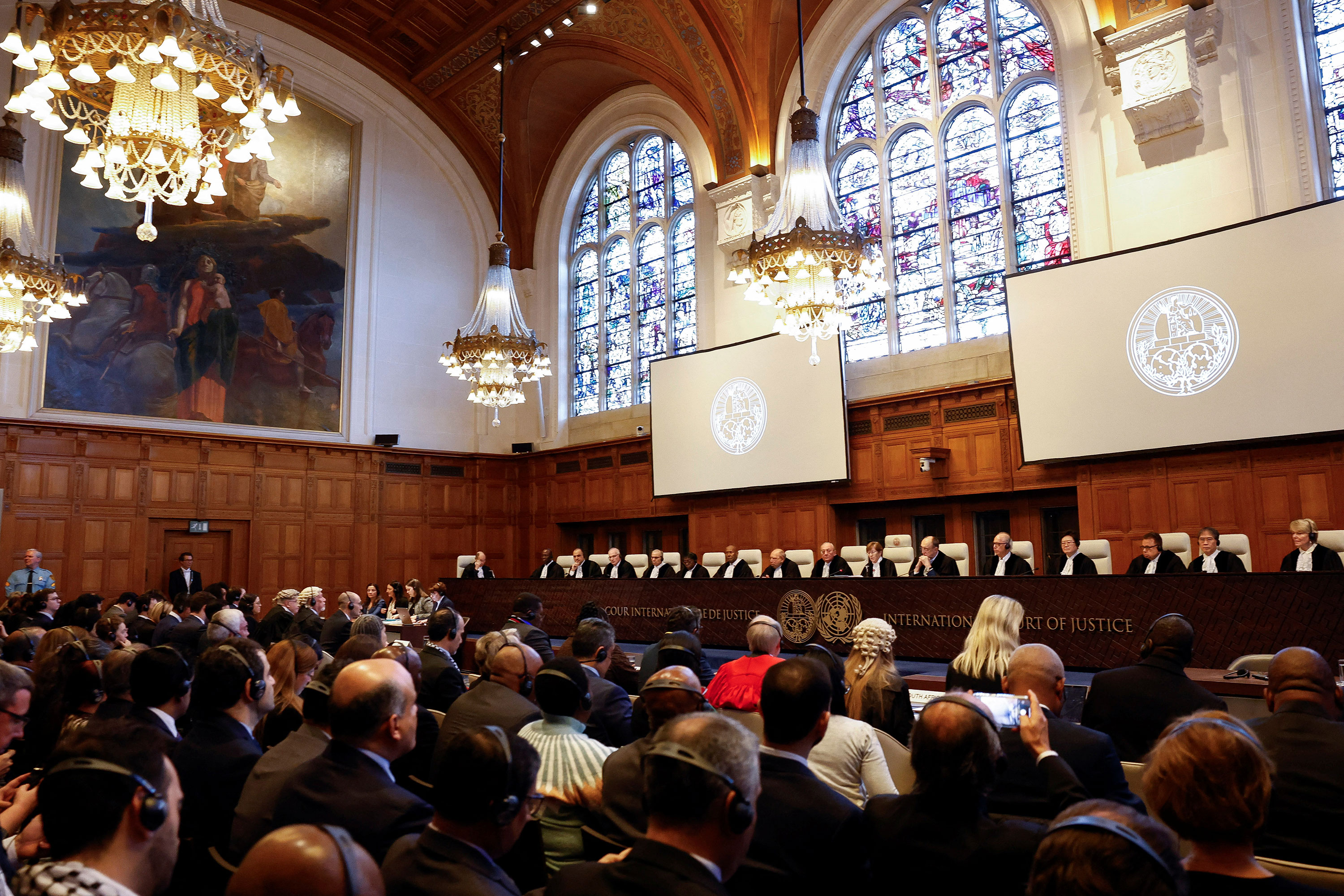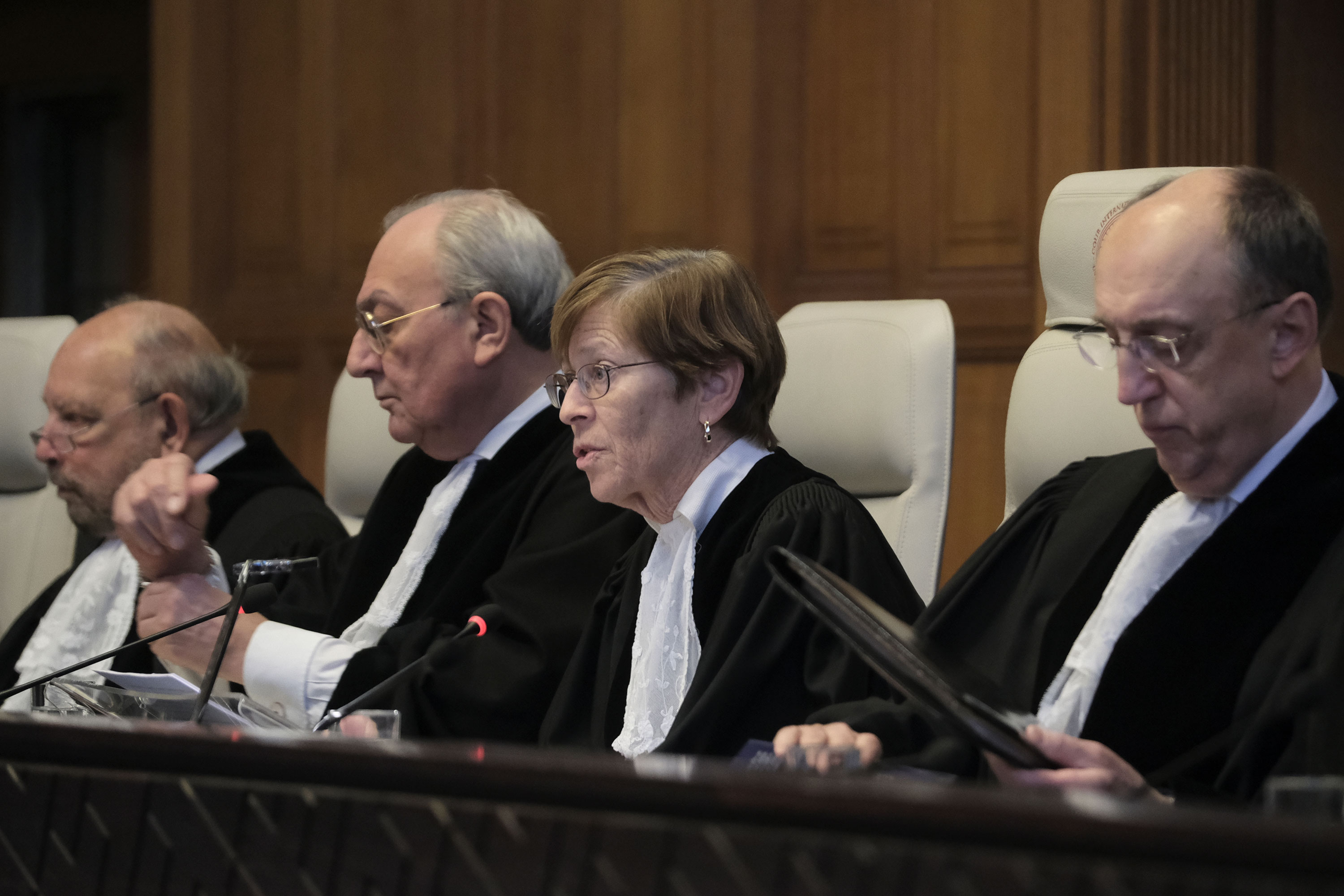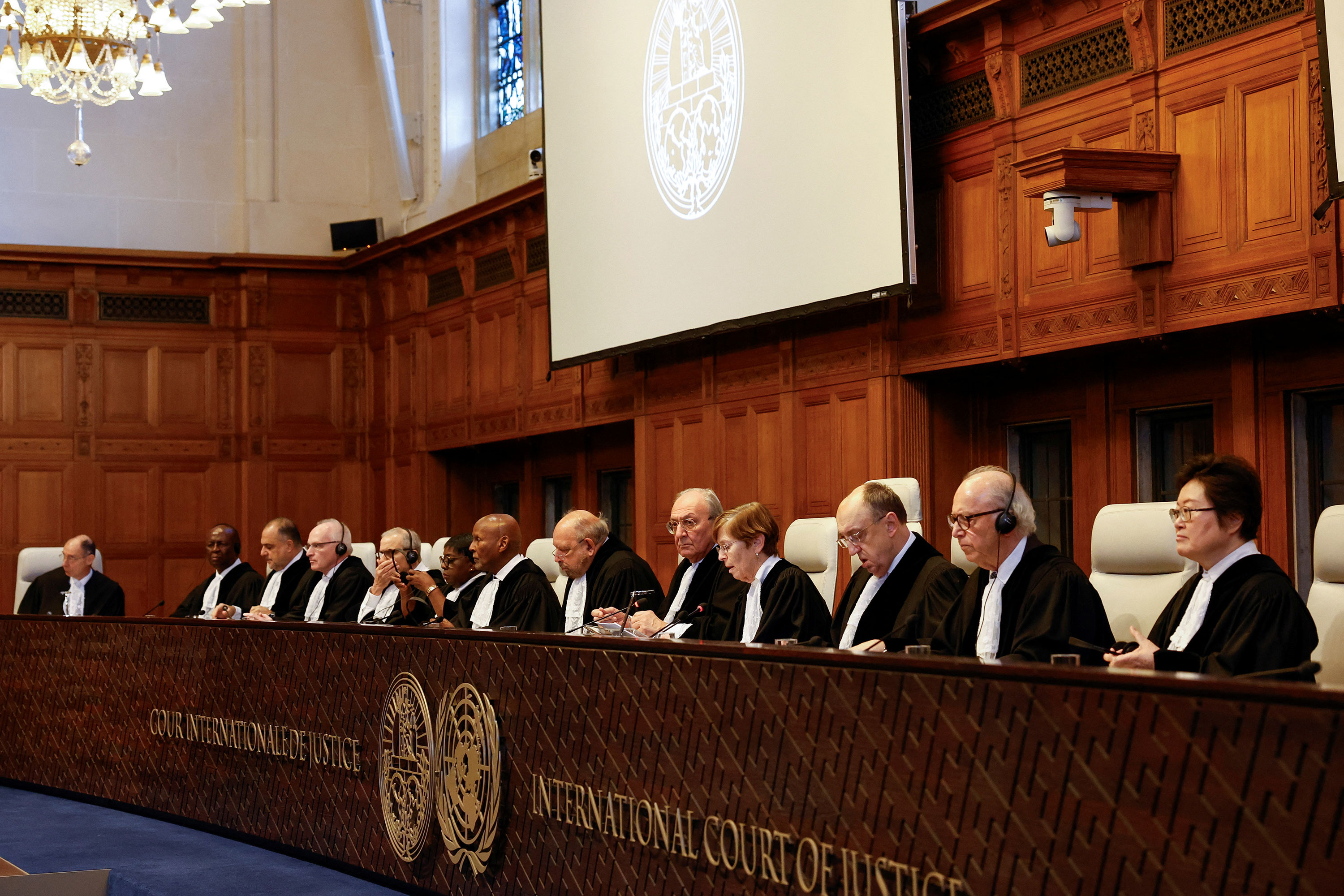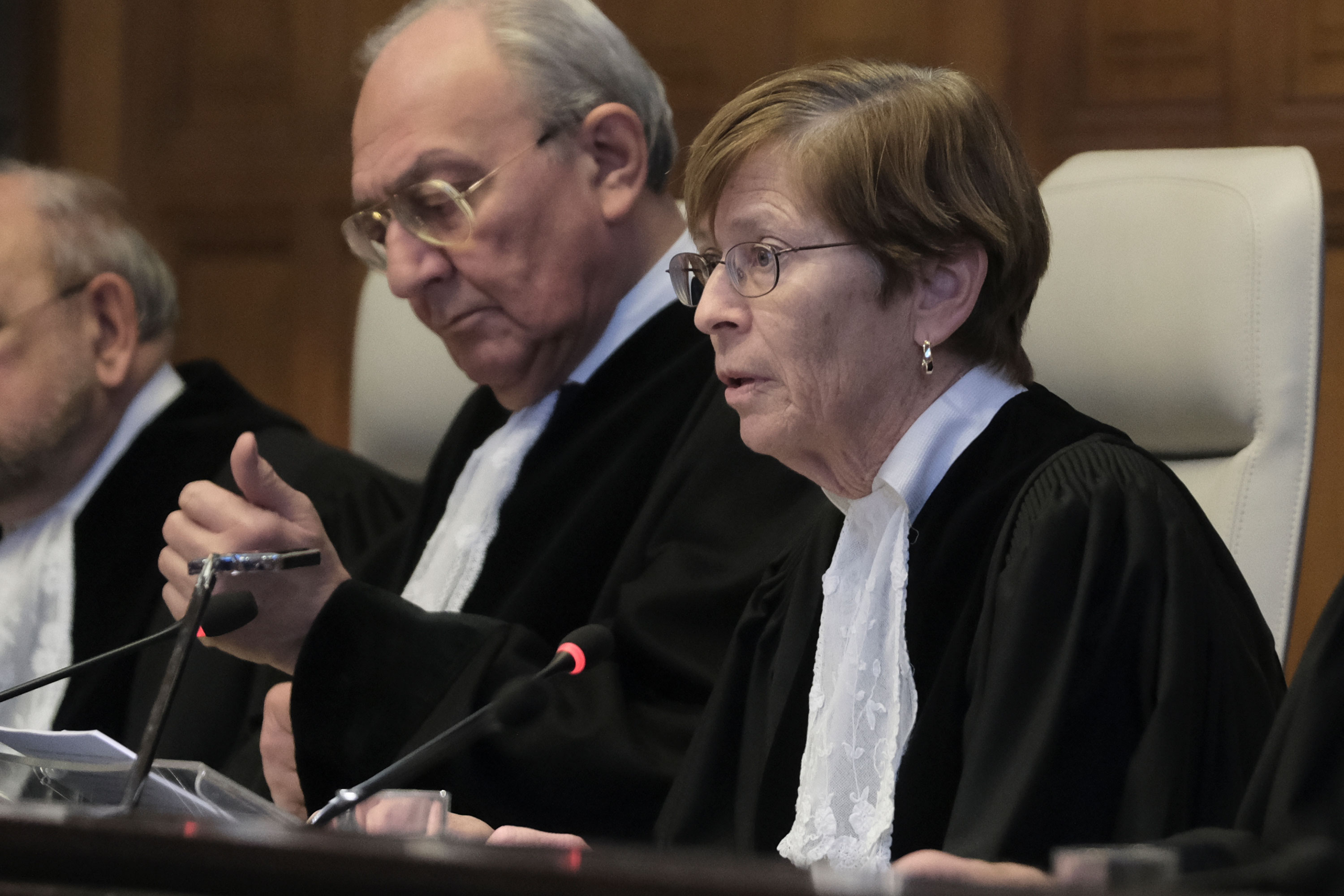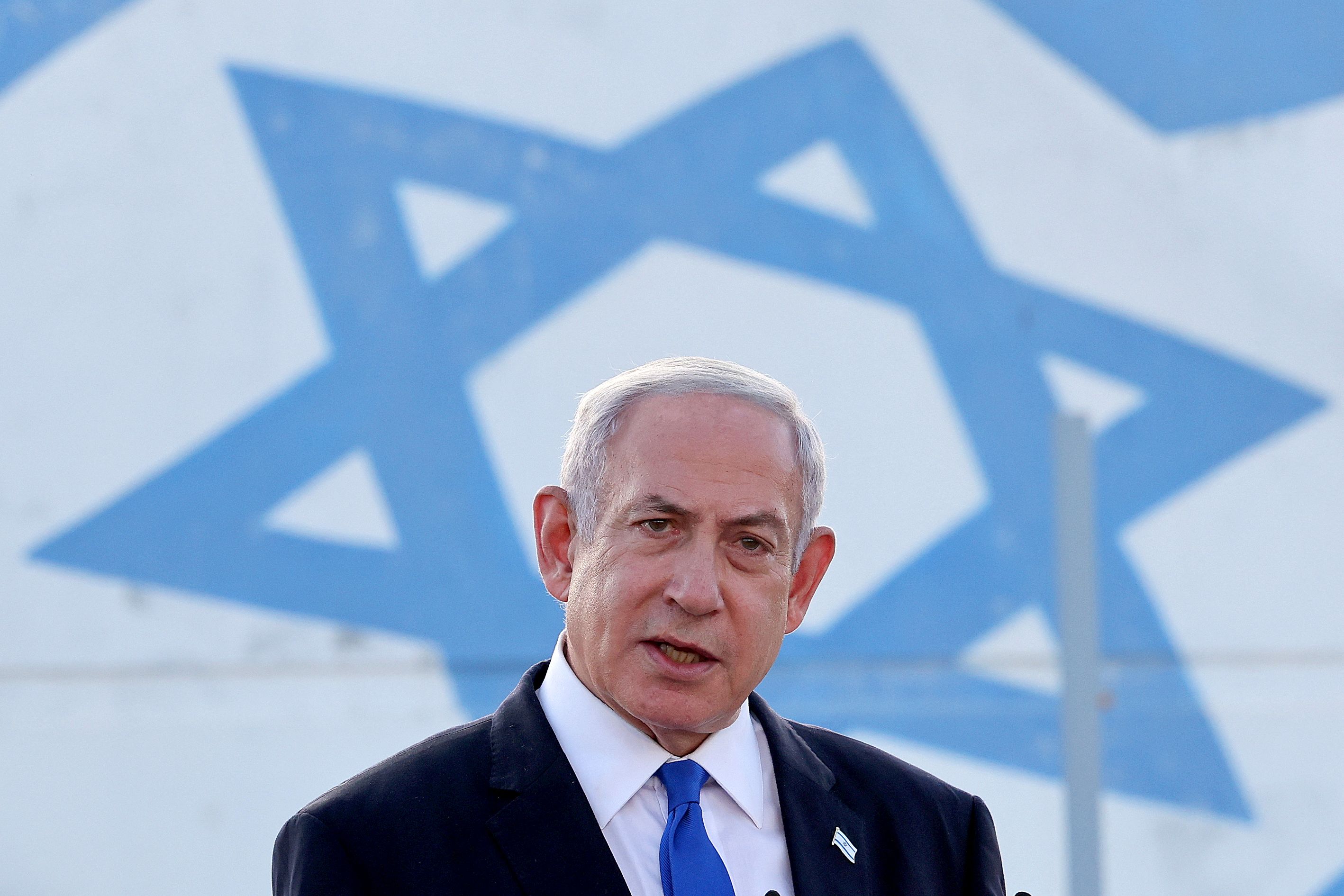The International Court of Justice (ICJ) is comprised of 15 judges, each of whom serve nine-year terms. They are now responsible for casting judgment on South Africa’s case alleging genocide by Israel in Gaza, one of the most closely-watched rulings by the court in years.
The current judges are from the United States, Russia, China, Slovakia, Morocco, Lebanon, India, France, Somalia, Jamaica, Japan, Germany, Australia, Uganda and Brazil. Five seats come up for election every three years, with no consecutive term limit.
In addition to the 15 permanent judges, ad-hoc judges can be appointed by parties in contentious cases between two states – in this instance, Israel and South Africa – bringing the number of judges in the case to 17.
South Africa has appointed Dikgang Moseneke, the country’s former deputy chief justice, and Israel has named Aharon Barak, ex-president of the country’s Supreme Court.
Eliav Lieblich, a professor of international law at Tel Aviv University, told CNN earlier this month that the case is significant politically and legally. “An allegation of genocide is the gravest international legal allegation that can be made against a state,” he said.
Lieblich added he doubts that Israel would cease the fighting altogether should the court issue an injunction on the war. Instead, it could attack the legitimacy of the court and its judges, “considering that some of them are from states that don’t recognize Israel.” It would also matter whether the decision is unanimous, he added.
